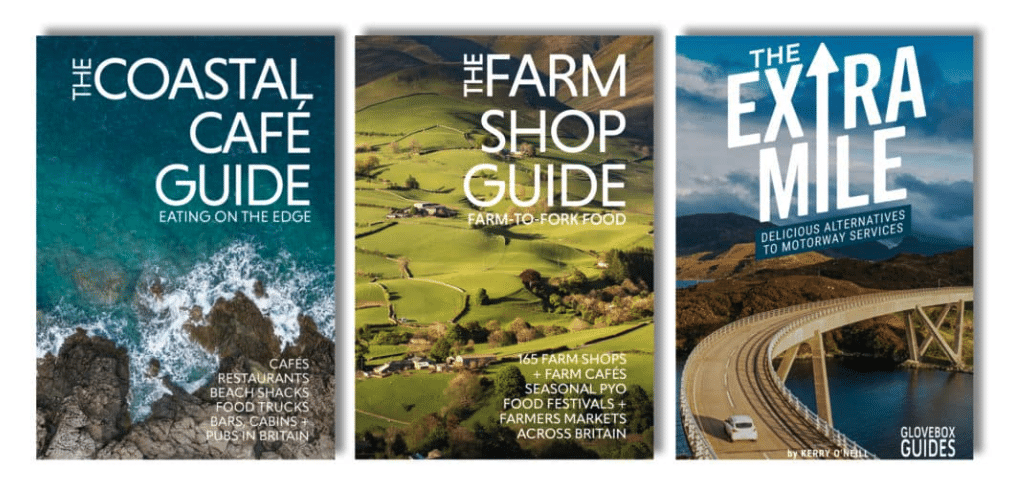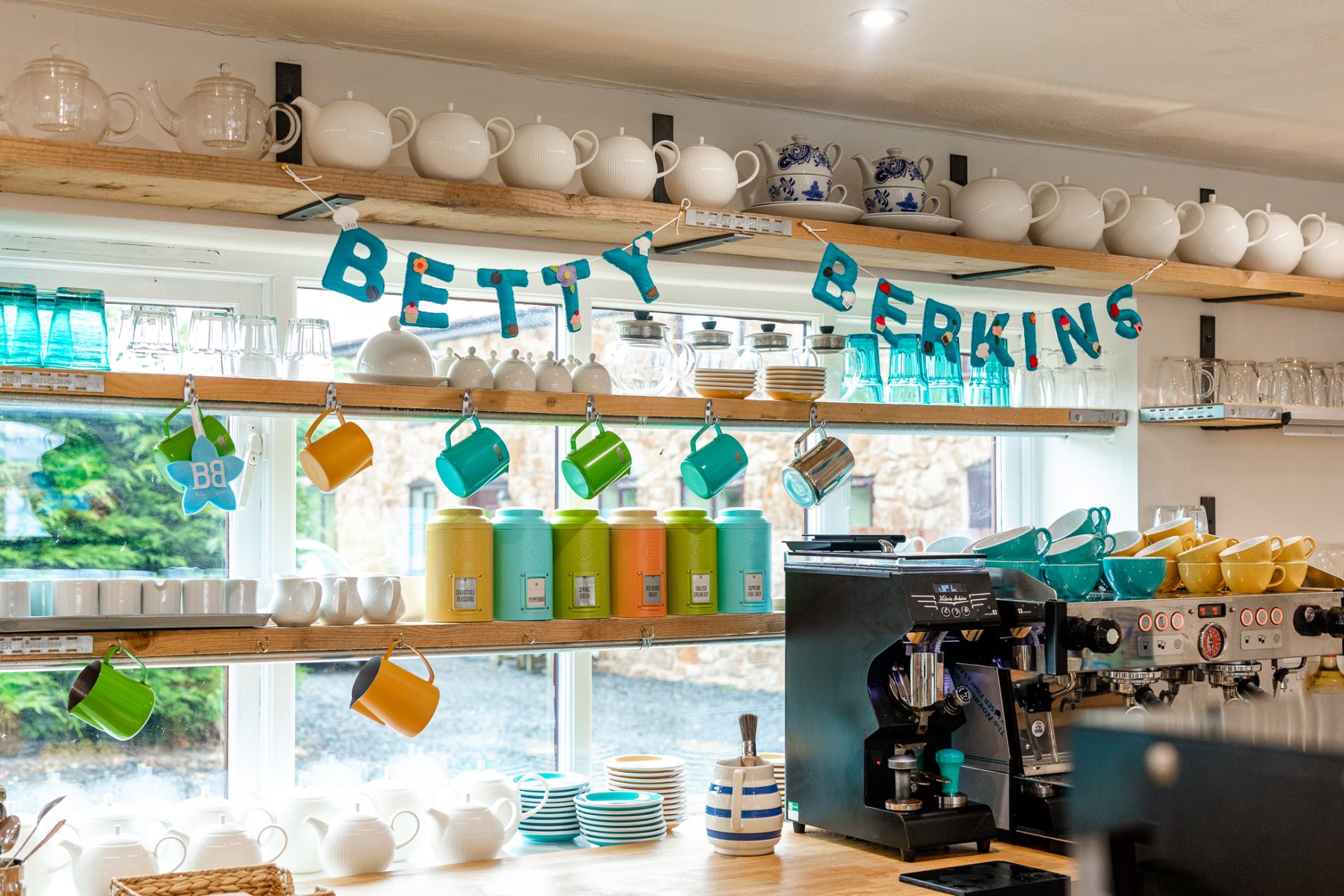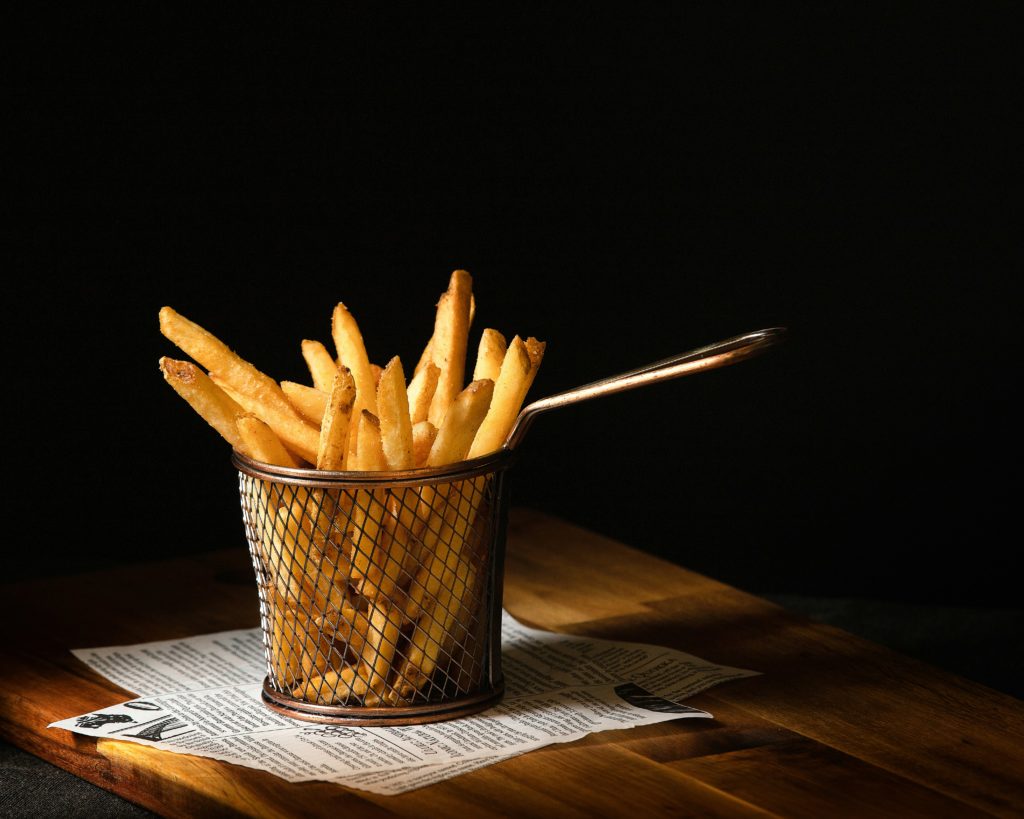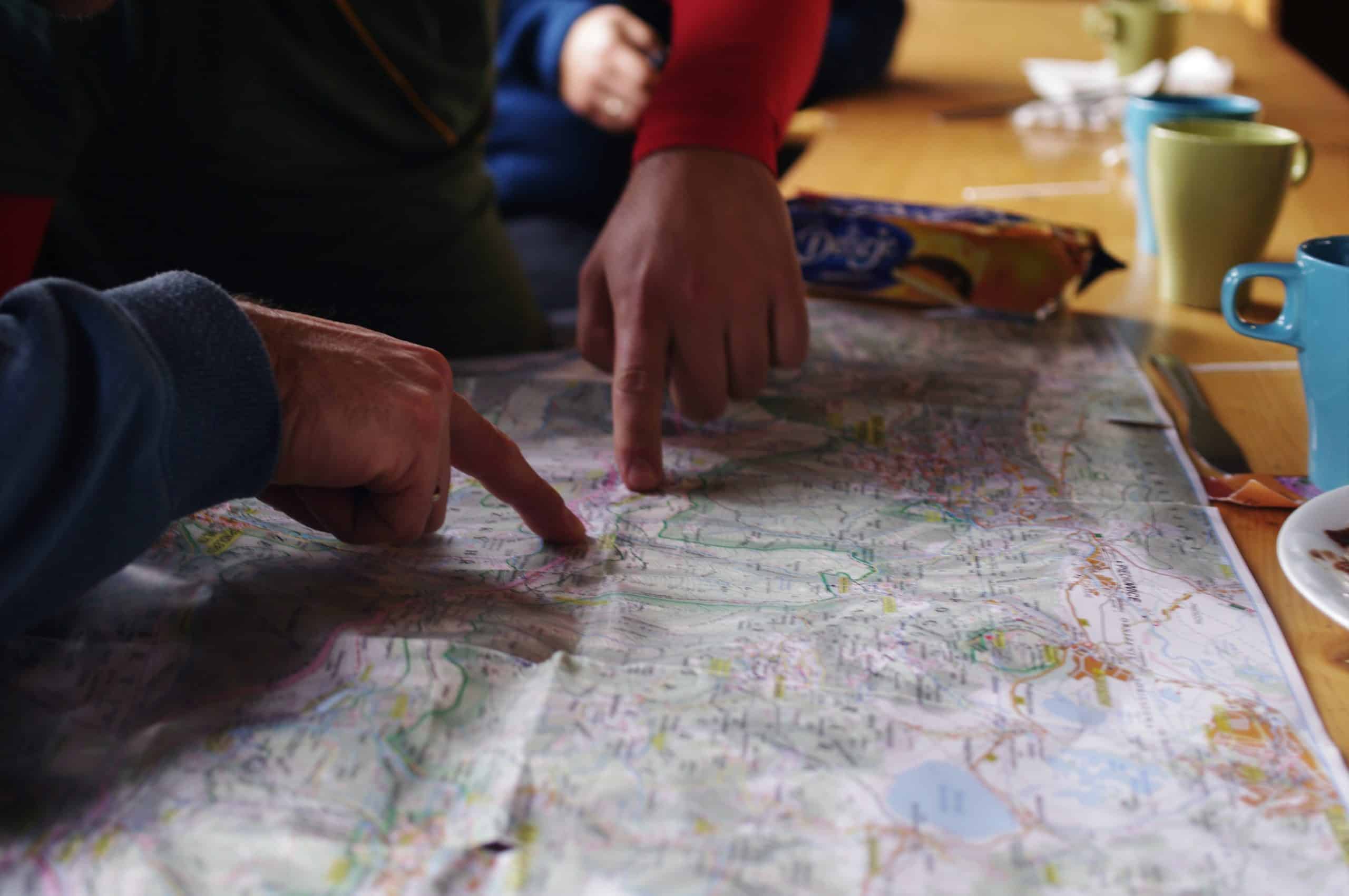
The lost joy of getting slightly lost: why paper guides still matter
We’ve all been there, following the blue dot on a phone–screen, eyes down, marching toward the next café, viewpoint, or farm shop with barely a glance at what’s around us. Efficient? Maybe. But satisfying? Not always. In a world of digital maps and algorithm-driven reviews, we’ve lost something quietly magical: the joy of getting slightly lost.
The beauty of the detour
One of the best things about slow travel – especially along Britain’s coast or countryside – is its unpredictability. The winding lane that wasn’t on the route? It might lead to a family-run café with the best crab sandwich you’ve ever had. That missed turnoff? You could stumble across a beach no App has reviewed (yet). Paper guides – the kind you can hold in your hands, scribble notes in, and spill coffee on – invite this kind of discovery. They don’t demand your attention. They suggest, rather than dictate. And they leave space for chance.
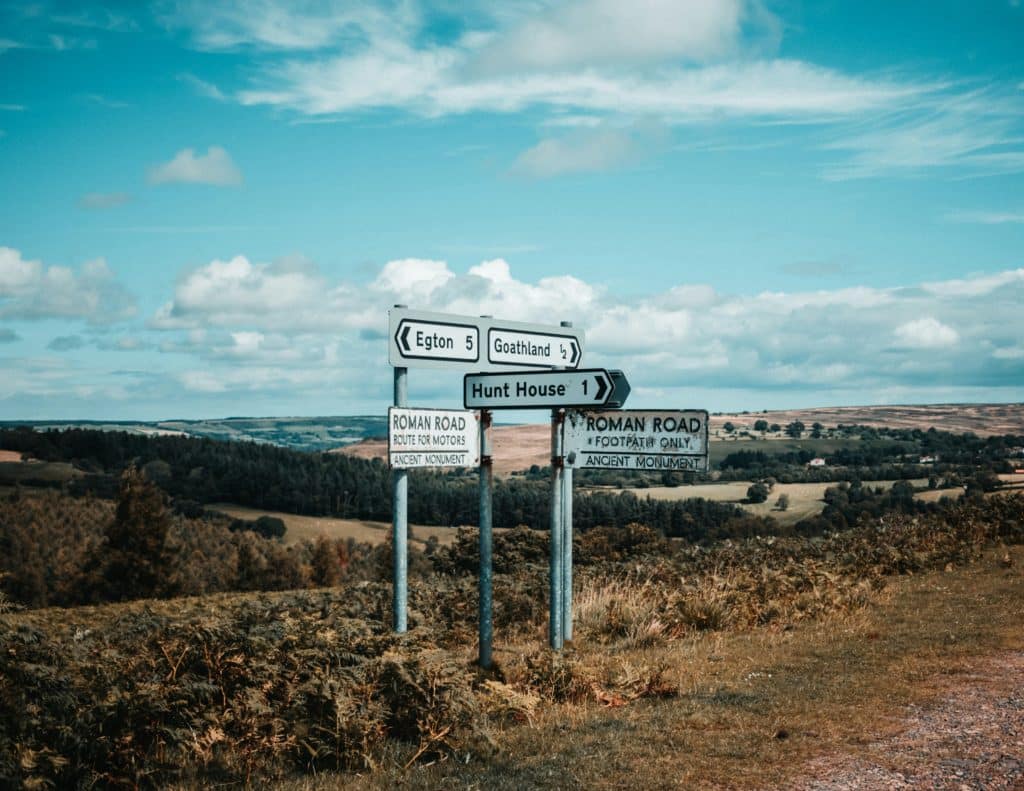
Screens don’t make memories
Phones are useful. We won’t deny that. But they tend to flatten the experience: screen glow, search results, star ratings. You arrive knowing exactly what to expect because you’ve seen it all in advance: the buildings, the meals, the platters, the views.
With a paper guide, you arrive hoping for something, often finding more than you bargained for. There’s been no hype, no amped expectation, no Instagram filters. This allows you to discover the place as it truly is, so you’ll meet real people, producers and farmers, often selling their own homemade food for your enjoyment. This isn’t sat-navigation: it’s adventure.
Why we still make printed guides
At a time when almost everything is online, we deliberately make real guides: designed to be enjoyed offline. They are beautiful, colourful, high calibre books: carbon-neutral print products made with vegetable inks and using certified paper from carefully managed forests.
They don’t need signal. They have no batteries to die, no pop-ups to annoy, no notifications to cause you stress. Just pages packed with handpicked, characterful places, some of which we’ve got very lost trying to find.
We believe there’s something grounding about unfolding a map or drifting through a guidebook, circling a café, ear-marking a page, or flipping through pages over breakfast to plan your next stop. It’s a type of travel that invites you to stay present… and sometimes to go off course.
So go on. Get a little lost
Next time you hit the road, leave the SatNav off for a while. Let your finger trace a route across a page. Embrace the scenic way. Look out for high points, viewpoints, nature reserves, picnic bench signs, car parks atop cliffs. And if you take a wrong turn or it takes ten minutes longer than planned, don’t panic; that’s where the best stories often begin.
Gift a guidebook today
Our printed guides, The Extra Mile, The Farm Shop Guide, and The Coastal Café Guide, are packed with brilliant places that are worth getting slightly lost for. They are also ideal gifts, especially for people who prefer the real world to the digital one, or who prefer books to screens.
‘You can’t wrap an app’ as we like to say, but you can gift a lovely guidebook, ready to create countless foodie memories for your recipient as they follow their tummies and noses around Britain in search of good, honest, local food, with a little bit of adventure thrown in.
Explore Extra Mile Books’ full collection of guides below.

